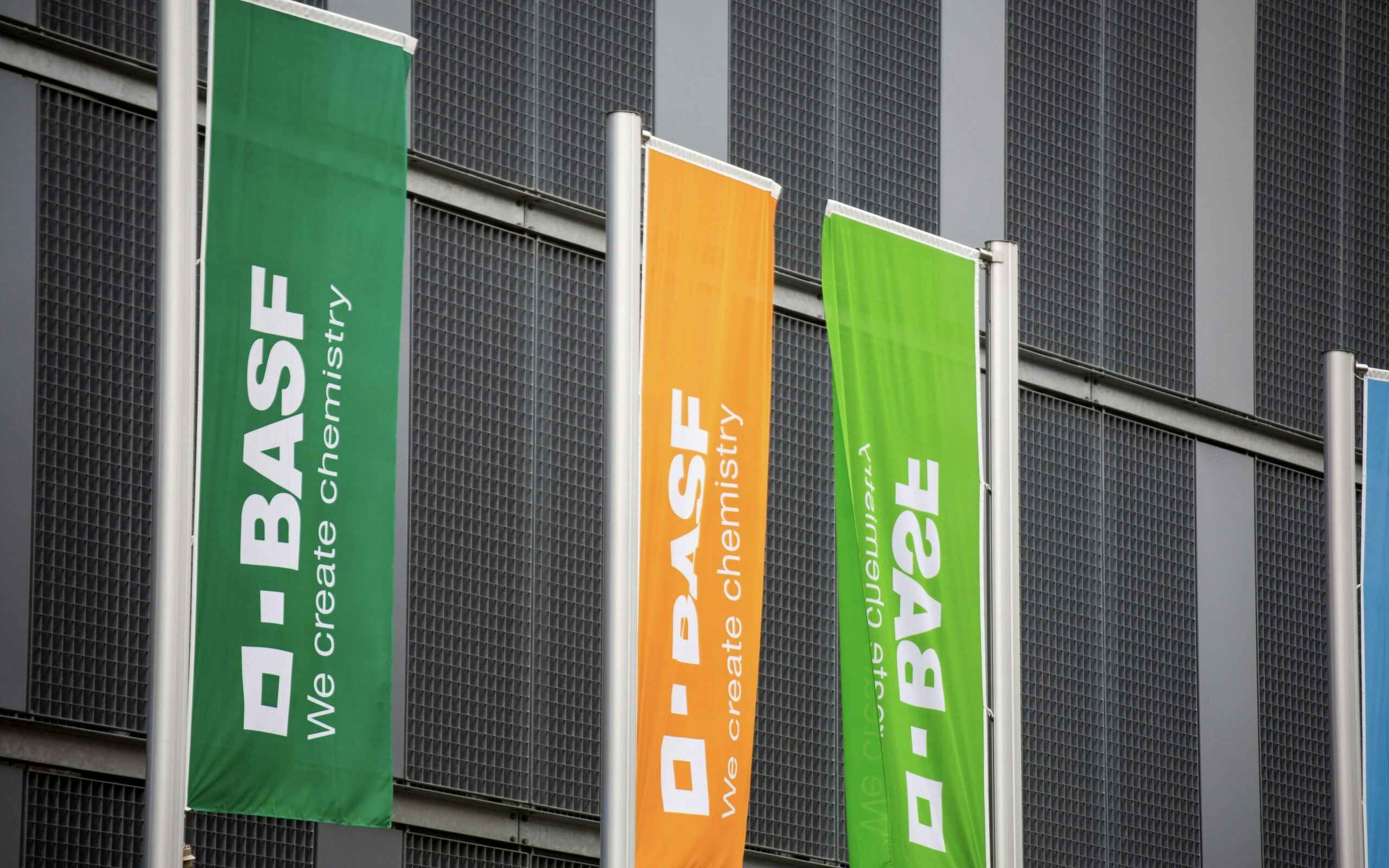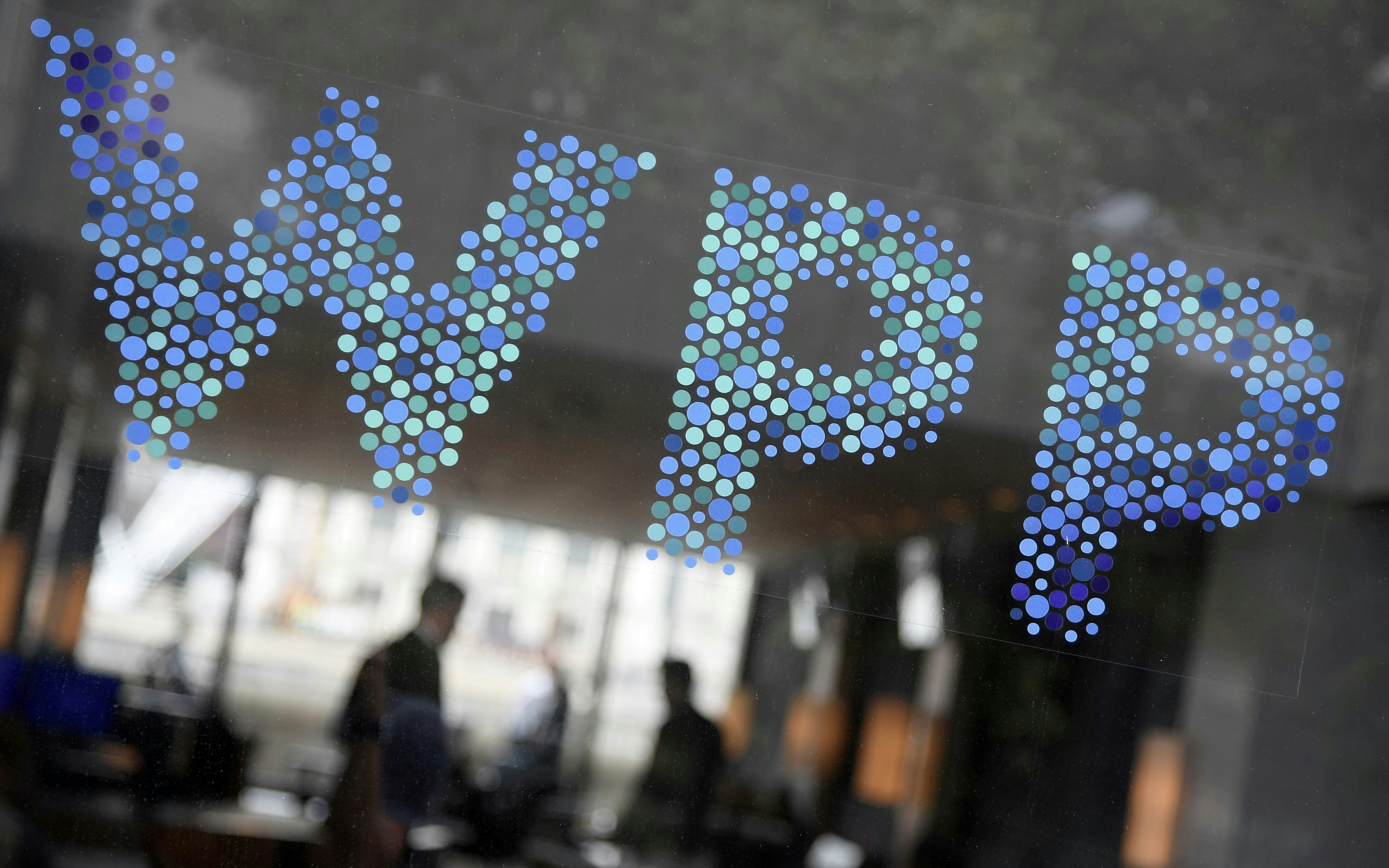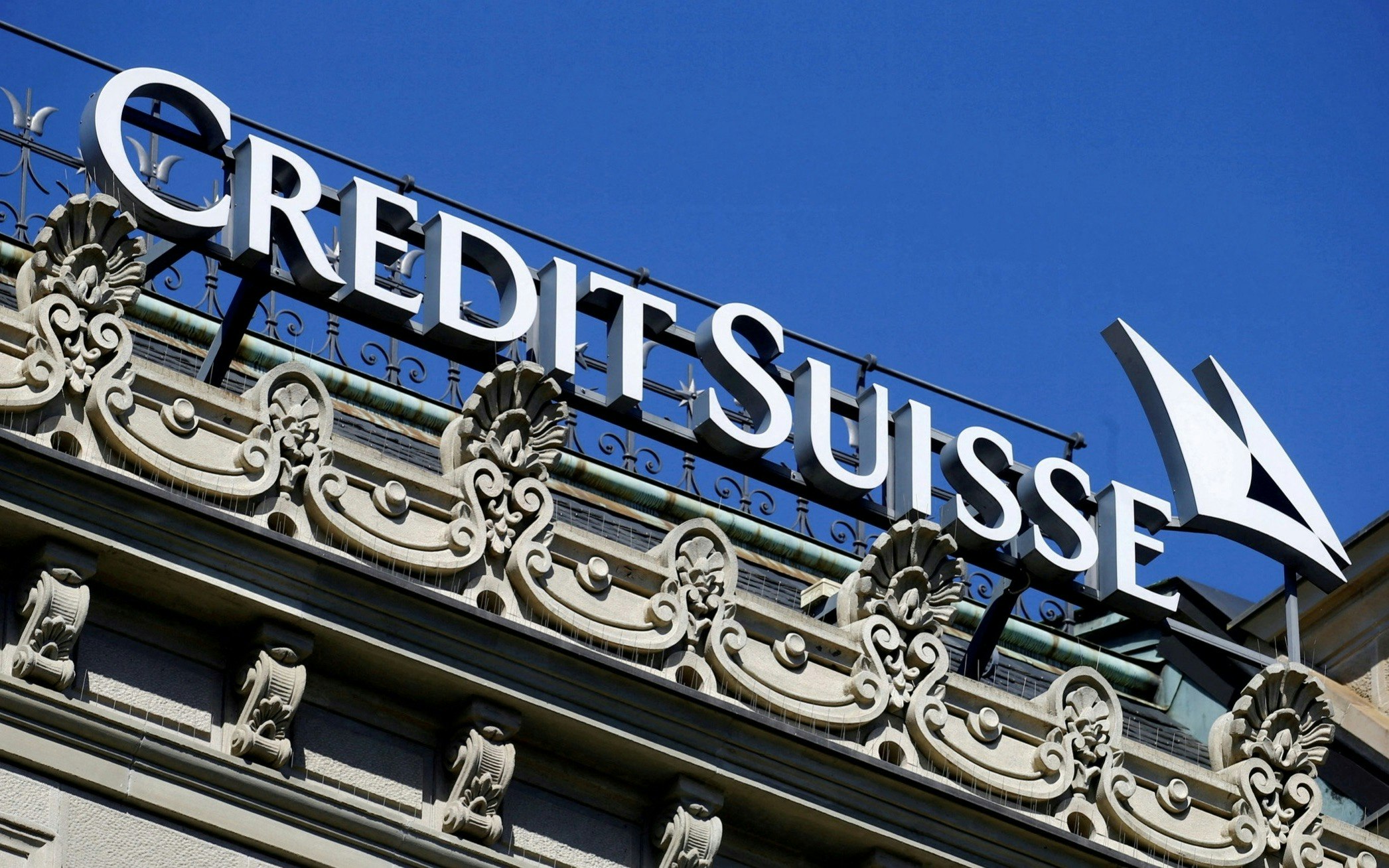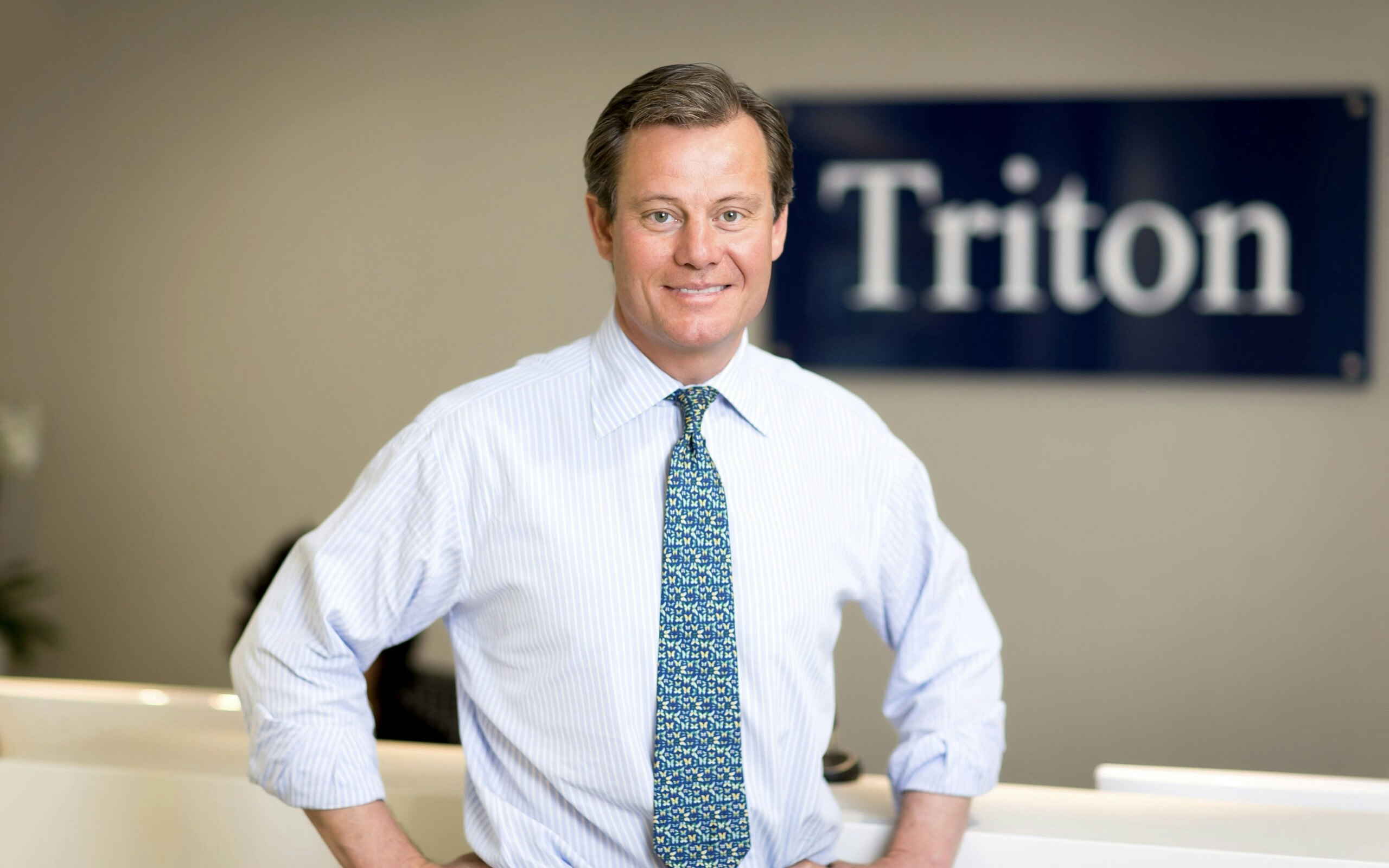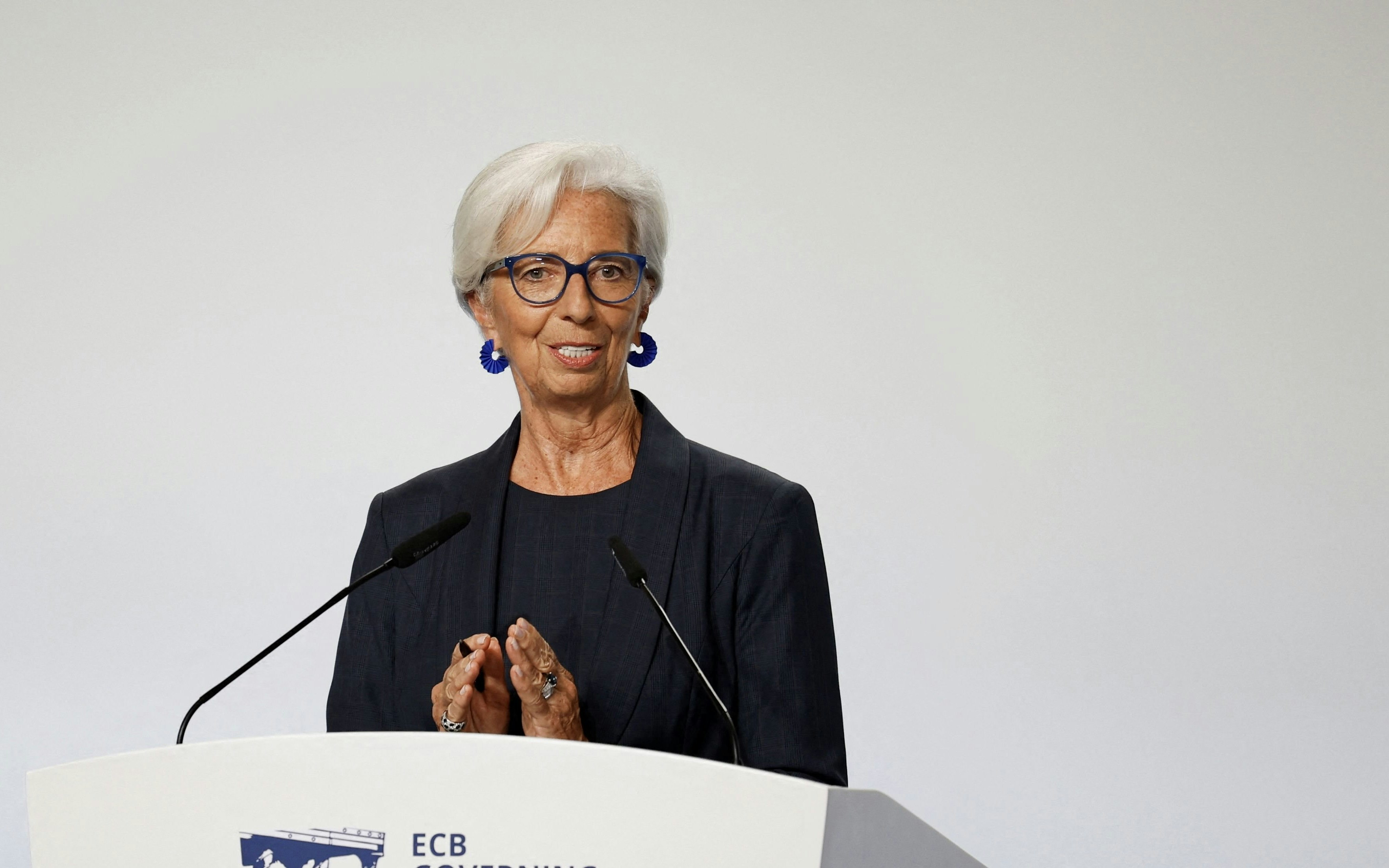BASF Plans Billions in Savings to Improve Competitiveness of Ludwigshafen Site. Weak demand, particularly in Europe, has led to a significant downturn in sales and profit in 2023. However, BASF CEO Martin Brudermüller emphasized that the teams of the chemical company have delivered a positive contribution to results in all key countries, with the exception of Germany. The weakness of the German market, especially at the largest production site in Ludwigshafen, has significantly burdened the results in this country. Therefore, it is necessary to take further measures to improve competitiveness at the headquarters.
Additional savings of one billion euros by 2026 are planned, both in production and other areas. Fixed costs are to be reduced and production capacities adjusted to market conditions through increases in efficiency. Unfortunately, this will also involve further job cuts, according to Brudermüller. Details are currently being developed.
Already in 2022, BASF announced a cost-saving program due to challenging business conditions and rising gas prices. This program aims to save a total of 1.1 billion euros in annual costs by the end of 2026. The measures include cutting jobs and shutting down several chemical plants. By the end of 2023, 600 million euros in costs have already been saved. The remaining 500 million euros are expected to follow from 2026 onwards.
The BASF Executive Board does not expect a significant improvement for the current year 2024 either. The persistent weakness of global economic dynamics and high energy prices in Europe will continue to slow down economic development. Global chemical production is expected to grow by 2.7 percent, mainly driven by the anticipated growth of the Chinese chemical industry.
In 2023, as already known, sales fell by a fifth to just under 69 billion euros compared to the previous year. This was mainly due to lower prices and quantities. Sales in all segments declined due to weak demand in many industries.
To make the company more profitable again, in December BASF announced that it would spin off its businesses in the areas of agrochemicals, battery materials, as well as paints and coatings from the integrated network and convert them into independent subsidiaries. These areas have a weaker connection to the rest of the group. However, the sale of these areas was ruled out by company CEO Martin Brudermüller.


